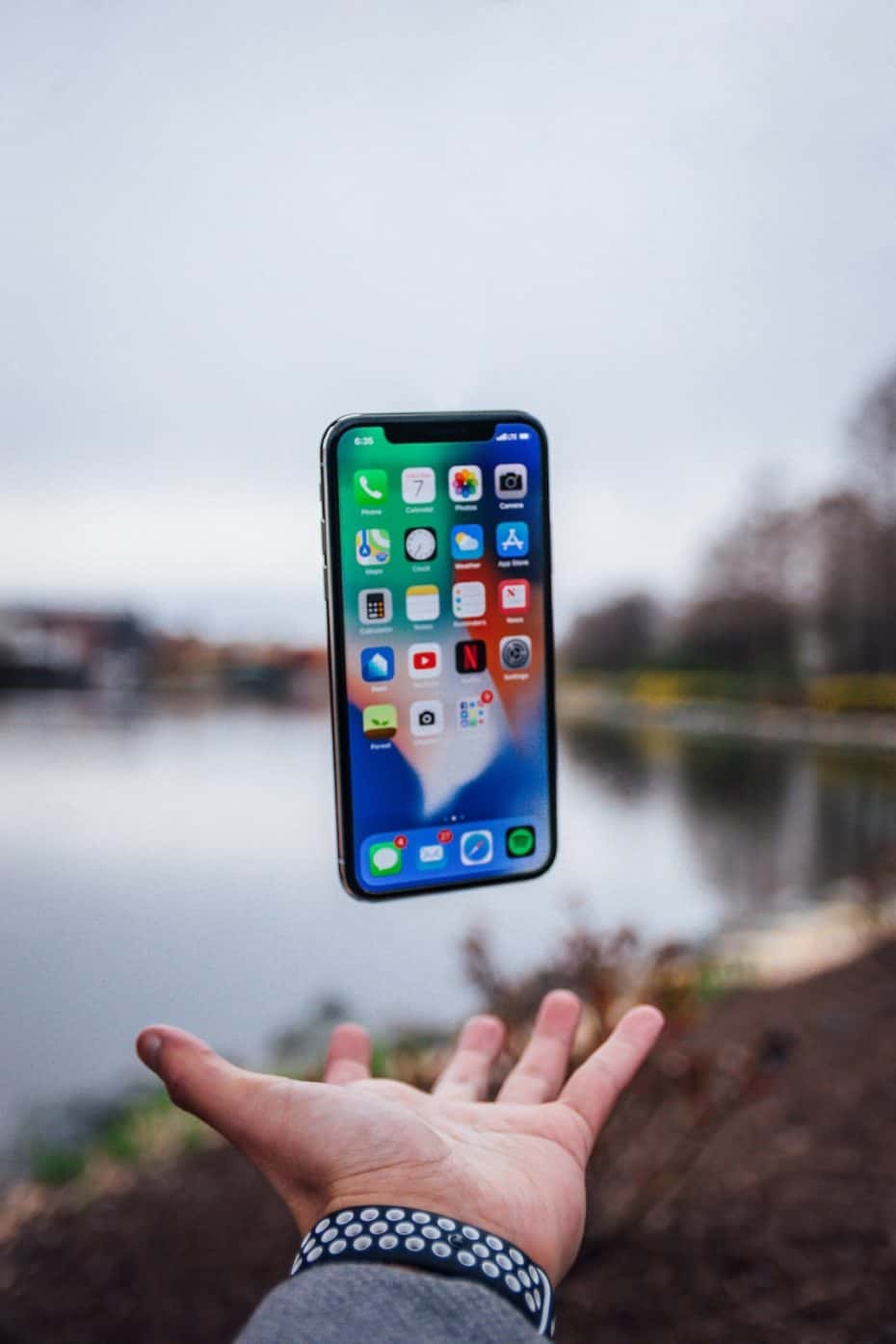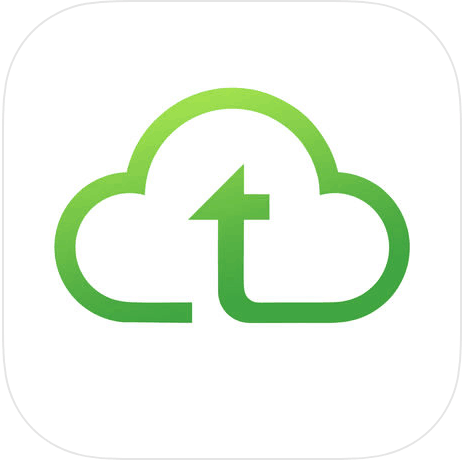This blog post is sponsored by TenantCloud.
As a real estate investor and business owner, I've always taken pride in being easy to work with.
- It should be EASY for potential customers to get the information they want.
- It should be SIMPLE for customers to make payments and send me money.
- It should be HASSLE-FREE for people to call, email, or send any kind of message and get answers quickly.
Of course, we don't always pull it off flawlessly, but it's a big, underlying goal in the businesses I run.
And in this day and age, convenience has never been more achievable.
With new mobile apps, websites, services, and software technology coming out every day, you don't have to look far to find real solutions to most of these problems.
One perfect example is with my rental properties.
When it comes to things like:
- Browsing rental listings
- Filling out rental applications
- Processing credit and background checks
- Setting up automated rent payments
- Communication between landlords and tenants
There is no excuse for tenants to have anything other than a clean, seamless, user-friendly experience.
And it's 100% achievable – because are SEVERAL different cloud-based property management platforms that make this stuff easy, and all of them are either free or very cost-effective.
Yet, even with the amazing innovations we've seen in this industry over the past decade, I still know landlords who are doing things the horribly inefficient “old-fashioned” way.
The Importance of a Mobile App

All of them bring real value to the table, but one thing mysteriously missing from most of them is the availability of a mobile app.
A mobile app might seem like an insignificant detail, until you realize that when a mobile app is available, at least 60% of tenants will use it almost exclusively.
Mobile apps are a big deal!
Think about the last time you visited Facebook, Twitter, LinkedIn, or Instagram.
Were you on your desktop computer or your phone?
According to Statista,
96% of Facebook users access the website from their phone.
Furthermore, according to iPropertyManagement,
50% of the traffic Airbnb receives is through mobile devices.
Now obviously, Facebook and Airbnb aren't exactly the same thing as landlording software, but these kinds of statistics illustrate a valid point.
When a mobile app is an option (and it's actually designed well), the tenant's experience and engagement will improve drastically.
Mobile Responsive… But Still No App!
The good news is, all the major property management software companies are designed to be mobile-friendly (it's basically a requirement in today's world).
This means landlords can use the software by navigating to the website of their property management software from a mobile device… which is great – but when it's not push-button easy through a mobile app on their home screen, the perceived ease-of-use drops significantly.
Surprisingly, even as of 2019, most of the property management software companies still don't offer an actual, downloadable app.
That is… except for two of them.
TenantCloud and Buildium both have mobile apps available for Android and iOS devices.
Buildium is designed for large property managers with dozens and dozens of multi-family properties to manage.
TenantCloud is designed for both small and large landlords alike, with the ability to manage single-family homes and multi-family properties alike.

Another exceedingly unique thing about TenantCloud is that it's designed to be used by all of the following parties:
- Property Owners
- Property Managers
- Tenants
- Maintenance Technicians
The fact that everyone in the tenant-landlord relationships has the ability to open their TenantCloud account and connect through the mobile app – makes a lot of things easier… because linking the communication between all these parties is a critical component of how a good property manager operates.
No more lost emails. No more unanswered phone calls.
Every property management software offers the basics of running credit reports and collecting payments – and that's all good and find – but property management isn't JUST about handling these basic tasks.
As important as these things are, the job of a landlord doesn't end there.
When you're able to continue fostering an ongoing relationship with your tenants by making it easy to get what they need – you may just find yourself with a better quality of tenant, and a tenant who sticks around a lot longer. Why? Because their landlord knows how to make life easier.
When landlords make it unnecessarily difficult for tenants to communicate, make payments, and get what they need – the job of property management gets exponentially harder, and the tenant's overall perception of their landlord gets exponentially worse.
Considering how easy and cost-effective it is for landlords and property managers to reduce (and even eliminate) many of their biggest pain points – I'm not sure why a serious rental property investor wouldn't be using this kind of mobile-friendly software.
We're talking about a very robust property management tool baked into an easy-to-use smartphone app – and in many cases, it can be used without incurring ANY costs for the landlord.
If you haven't given it a whirl yet, it might be worth your time to investigate.
Are you using CRM software for your rental properties? Which one are you using and how helpful has it been in your business? Let us know about your experience in the comments below!
















